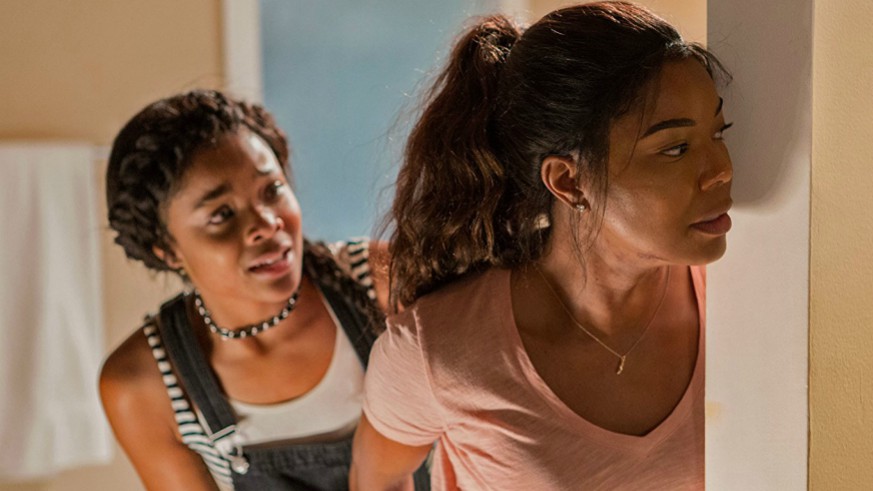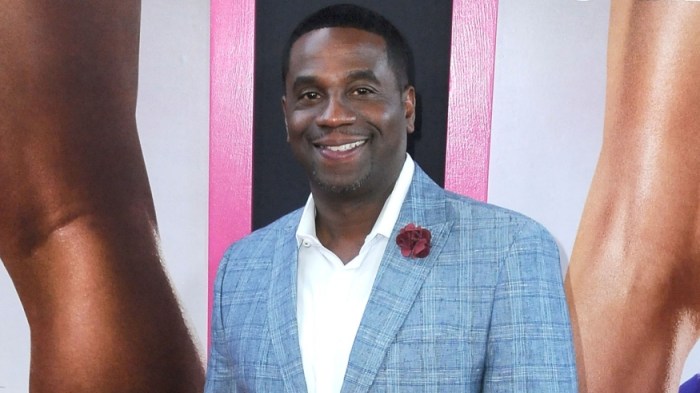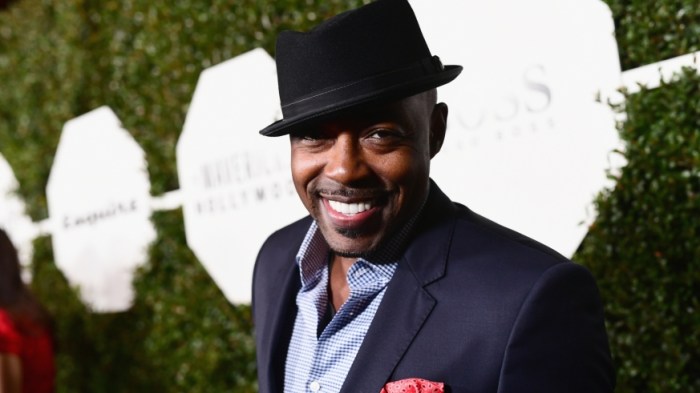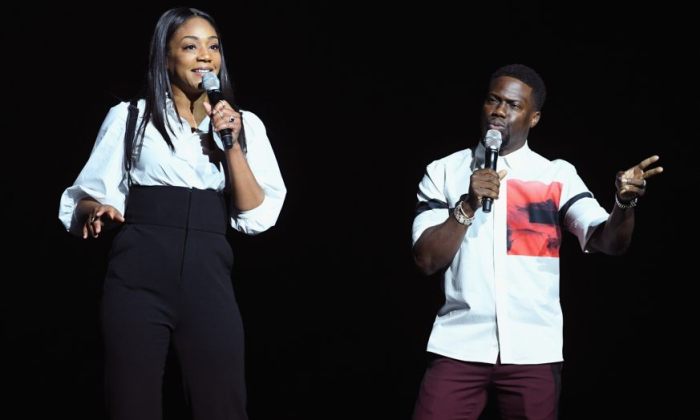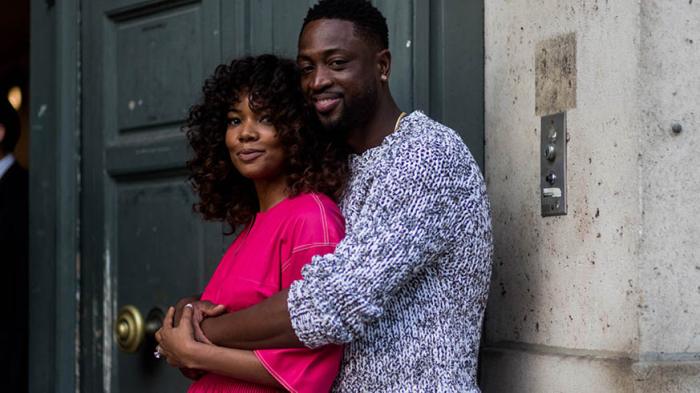While most of you might not have heard of Will Packer, you’ve certainly seen one of his films.
Packer has produced the likes of “Ride Along,” “Think Like A Man” and “Girls Trip,” each of which were embraced by huge audiences seeking to see fresh cinematic voices.
Even though it is a well-worn idea, Packer’s latest film “Breaking In,” which revolves around Gabrielle Union trying to, you guessed it, break in to a secluded high-tech house to save her kidnapped kids, has all the credentials to do the same, as it, once again, breaks the Hollywood mold.
I recently had the chance to chat with Packer, during which time he talked me through his producing process.
When did you want to be a producer?
I was actually in college studying electrical engineering. As far away from filmmaking as you can get. While I was in college I made a small independent feature. We had no idea what we were doing. No money. No resources. But we actually made a film that wasn’t half-bad. And we were able to sell it to an audience on our college campus, because it was about life on our college campus. And it taught me a lot in niche market. I then took that and made a movie that was a little bit bigger. Then a bit bigger again. To the point that I was like, ‘You know, what? I am a real life bona-fide producer.’ I made a film that resonated with a particular audience. I am able to find that particular audience. And distribute the film to that audience. And even though I am doing much, much bigger projects. It is that same kind of concept and drive that works to this day.
What first attracted you to “Breaking In”?
This was brought to me just as pitch. It was just an idea. A concept that a young producer name Jaime Primak Sullivan said, ‘What if we took the classic home invasion conceit and flipped it on its head? And if we made a movie where now you have our protagonist break into the highly protected house to save her family.’ That’s what hooked me. Because it is such a well-worn drama. We have seen it so many times before. That made it interesting to me.
So, the script hadn’t been written?
It was literally just a pitch. It was a well-though idea. But then I went and I got Ryan Engle. An amazing writer. This was my first time working with him. But it won’t be my last. Ryan came in and that concept to life. I then went to Gabrielle Union, who I have an amazing relationship with, who I have worked with multiple times before. Gab and I together continued to develop the script. Along with the other producers on the project. Then we brought in James McTeigue, the director, to execute it.
What did you want to achieve with “Breaking In” and what made it unique?
The fact that at its center you have a female protagonist who happens to be a woman of color. I think right now what is resonating with audiences is strong, capable female characters. I think the days of the damsel in distress, who needs a man to save her from outside, are over in terms of cinema and entertainment. Strong female characters are resonating with audiences. I like the fact that we have a strong female character here in a role that is usually played by a white male.
You have always made movies led by females.
I have very proudly and unashamedly been making movies that revolve around strong female characters. Strong female people of color characters and showing them in different lights than we usually see in cinema. I think that’s what has made my projects stand out. And ultimately what has made them successful.
Why is that so important?
It is important because I think that the world is becoming more and more diverse, but media and entertainment is becoming more and more diverse because you have more diverse voices like Will Packer hoping to tell and champion those stories. You have had the “Breaking Ins” forever that are all about those white male protagonists coming in and saving the day. You haven’t seen that with a black female character, an asian female, a gay character, a black transgender character. I just think that the more diverse the stories are the better. And audiences are now embracing stories that feel authentic, that are feeling more real to the world that we live, and that are becoming more and more diverse.
Do you have your own rules for being a producer?
For me I always want to make sure that there is a very specific audience. I don’t make movies that is going to be four-quadrant, and I am going to get everyone to come, and it is something that I am making with everyone in mind. I definitely want everyone to see my movie. But I will be honest, I am making them with a very specific audience in mind. I believe that there is so much saturation and segmentation of media these days that you have make a movie with a specific audience in mind. Because unless you are making a Marvel movie then very often trying to make a movie for everyone will fall short. Because everyone has specific tastes. And they are able to get what they are looking for. I try to be specific and purposeful in how I develop projects.
What was that audience for “Breaking In”?
The core audience was going to be women. Starting with women of color. Very similarly with what I did with “Girls Trip.” And then expand out to women in general. And then from there we can hopefully find some guys to get interested as well. But we definitely made this with women in mind.
What’s the biggest challenge in the modern era for a producer?
The interesting thing is that, I have a degree in electrical engineering. And some people would say that has nothing to do with filmmaking. And I don’t use my degree. But what engineering allows you to do is problem solve analytically. And every movie has a unique set of challenges. With this movie part of the challenge was the whole production aspect. The whole movie takes place at night, for the most part. We had Gabrielle Union for a limited window. So we sometimes had to shoot six day weeks. It all was set in one house, which created a whole new set of challenges that we had to overcome. So I approach producing from an analytical mindset, and my degree in engineering actually helps me in a creative medium because of my approach to problem solving. You have be able to attack the film process from multiple angels.
“Breaking In” is released on May 11.

